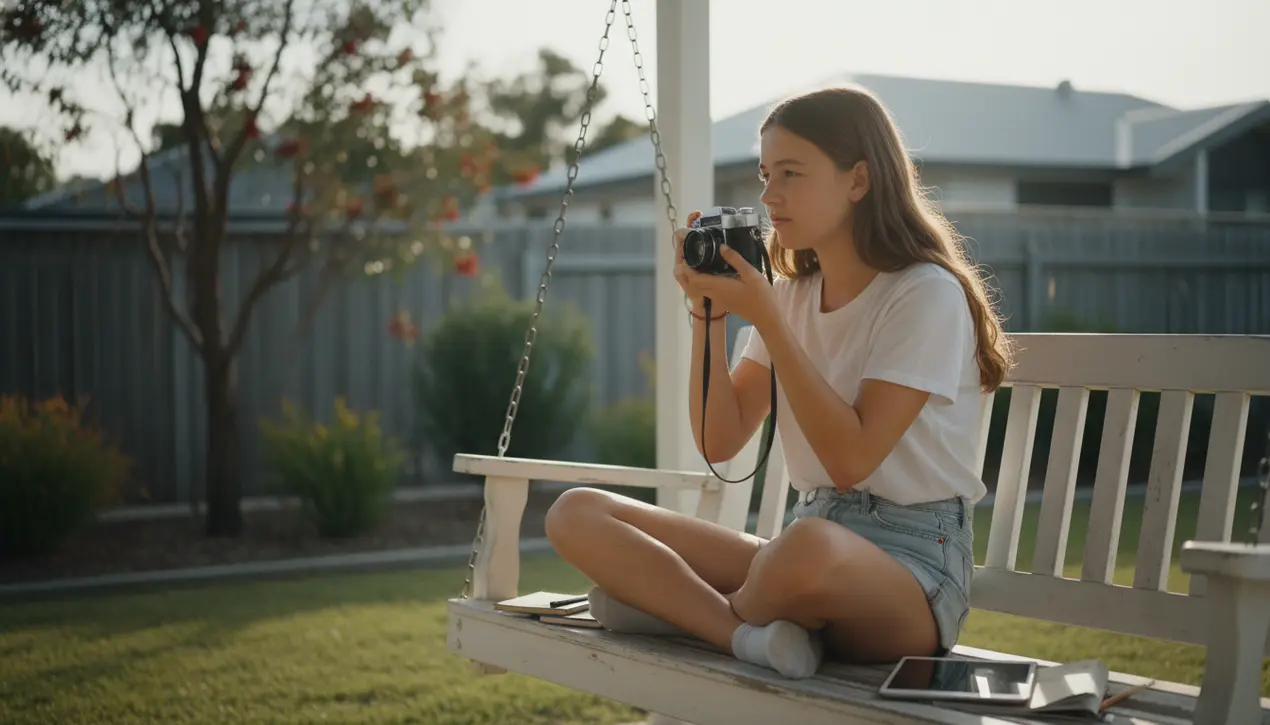
PoliticslegislationDigital and Tech Laws
Australia to Ban Under-16s from Major Social Media Platforms.
MI
Michael Ross
2 hours ago7 min read
In a landmark move that will fundamentally reshape the digital landscape for an entire generation, Australia is poised to implement a sweeping ban prohibiting individuals under the age of sixteen from accessing major social media platforms, effective 10 December. This isn't merely a policy adjustment; it's a grand societal experiment in digital governance, a real-world test of Asimov's laws of robotics applied to the sprawling, often lawless, digital plains.The Australian government, positioning itself at the vanguard of a global debate, is essentially drawing a hard, regulatory line in the sand, declaring that the potential harms of unfettered access—from algorithmic radicalization and cyberbullying to profound mental health crises documented in a litany of recent studies—outweigh the connective benefits these platforms purport to offer. This decision forces a critical confrontation between the utopian vision of a globally connected village and the dystopian reality of its unintended consequences on developing minds.Proponents, including child safety advocates and a growing chorus of psychologists, hail the ban as a necessary, protective barrier, a long-overdue intervention to safeguard childhood from the corrosive pressures of performative popularity and targeted advertising. They argue that just as we regulate access to alcohol, tobacco, and certain forms of media, the digital environment demands similar, age-appropriate guardrails, framing the internet not as a public square but as a potentially hazardous space requiring parental and governmental stewardship.Conversely, critics and digital rights organizations voice profound alarm, warning of a dangerous precedent that smacks of paternalistic overreach and could severely stifle youth autonomy, creativity, and access to vital support networks and educational resources. They envision a future of digital inequality, where savvy teens simply circumvent the bans with VPNs and false dates of birth, creating a cat-and-mouse game that teaches deception rather than responsible digital citizenship, while less tech-literate families are left behind.The immense logistical and technological hurdles of enforcement loom large; will platforms be forced to implement robust, and potentially privacy-infringing, age-verification systems, perhaps leveraging government ID or biometric data, raising the specter of a surveillance state? The international tech industry is watching with bated breath, as a successful implementation in Australia could provide a blueprint for other Western nations grappling with the same dilemma, potentially fracturing the global internet into age-gated fragments. This policy represents a pivotal moment in the ongoing recalibration of the social contract in the digital age, forcing a difficult calculus: at what point does protection become prohibition, and where does the responsibility for a child's online well-being truly lie—with the parent, the platform, or the state? The outcomes observed from December 10th onward will provide invaluable, and undoubtedly contentious, data points in the high-stakes global debate over whether we can engineer a safer digital future without walling off its vast potential.
#social media ban
#teen accounts
#Australia
#regulation
#online safety
#featured
Stay Informed. Act Smarter.
Get weekly highlights, major headlines, and expert insights — then put your knowledge to work in our live prediction markets.
Related News
Comments
Loading comments...
© 2025 Outpoll Service LTD. All rights reserved.